Falling can be a terrifying and catastrophic event for older persons. I have a 93 year-old friend who fell and fractured bones in her neck several years ago. She recovered with time and therapy, and ever since has done specific daily exercises because she never wants to fall again.
Falls among the elderly frequently result in fractures, and are a risk marker for loss of independence and increasing frailty. There are many causes of falls, some of which are nutrition-related. Two nutrition-related causes of falls are the losses of both muscle mass and bone mass and strength.
So can your diet reduce your risk of falls and fractures?
The short answer is YES! A recent study of aged care residents has shown that adequate intakes of calcium and protein can significantly reduce the risk of falls and fractures among older adults.
Protein, calcium and vitamin D, the main players in muscle and bone health, are all vulnerable to decline with the natural course of ageing. This new study shows that a diet that includes calcium- and protein-rich dairy foods can help offset these losses and can significantly reduce the risk of falls and fractures.
The two-year research project across 59 Australian residential aged care facilities compared two groups of residential care residents. One group had two dairy servings per day as per the regular menu, and the other received the same diet supplemented with extra dairy to a total of 3.5 dairy servings per day. The high calcium, high protein dairy foods used to supplement the regular diet were milk, yoghurt, and cheese. The mean age of the studied population was 86 years, and all subjects had adequate vitamin D stores.
Results showed that residents having 3.5 dairy servings per day had an 11% reduced risk of falls, 33% reduced risk of all fractures, and a 44% reduced risk of hip fracture when compared to the control group which had 2 dairy servings a day. These are exciting results – they are significant statistically and clinically.
Good things take time
It took 3 months of the dietary changes to see any significant effects on falls between the two groups, and 5 months to see a significant difference in incidents of fractures. One of the reasons given for success of this research was the supervision and encouragement of the residents to consume the extra dairy foods on a daily basis.
The significant daily intakes of protein were 1.1g protein/ kg/ day, and 1,142mg calcium daily. (The recommended daily calcium allowance for adults above 71 years is 1,200mg.)
Please, try this at home
It can be fairly straightforward to get your 3.5 serves of dairy a day. 1 serve is 200g yoghurt (3/4 cup), 250ml milk (1 cup), or 40g cheese (size of two thumbs). If you have 1 cup milk on your breakfast cereal, 20g cheese with crackers at morning tea, 200g yoghurt with fruit at lunch, and a cup of Milo before bed you will have had your 3.5 servings of dairy for the day.
For those who are lactose intolerant, lactose-free milk works well, and hard cheeses are usually tolerated by those who couldn’t drink a glass of milk. Butter, cream and ice cream are not good sources of protein or calcium.
So how might you use these research findings to make lifestyle changes?
10 mins out in the sun daily is considered sufficient to keep vitamin D levels up, but if this is not something you can do, talk with your GP about measuring your Vit D levels or if you should be taking a supplement.
List out the foods or snacks you like that contain milk, cheese or yoghurt. Practice measuring out your servings of these foods until you get a good idea of how much 250ml milk, 3/4 cup yoghurt or 40g cheese is.
Start a running list on the fridge of how many servings of these three dairy items you have daily. E.g. 1 cup milk on my breakfast cereal, 1 cup milo or smoothie made with milk, 3/4 cup yoghurt for AM tea or dessert, 20g cheese and crackers, 20 g grated cheese on toast or in a sandwich etc. Or, download this tracking chart for free.
Add up the total servings of dairy each day and see how close you are to the 3.5 servings per day. If you don’t quite get there, look at your preferred dairy foods and figure out how you can add another serve to your daily diet.
If you'd like to know more about how I can help you then I'd love to have a chat with you.
Email me at jo@eldersatmytable.co.nz
To read more details of the research:
Effect of dietary sources of calcium and protein on hip fractures and falls in older adults in residential care: cluster randomised controlled trial. BMJ 2021; 375 doi: https://doi.org/10.1136/bmj.n2364

